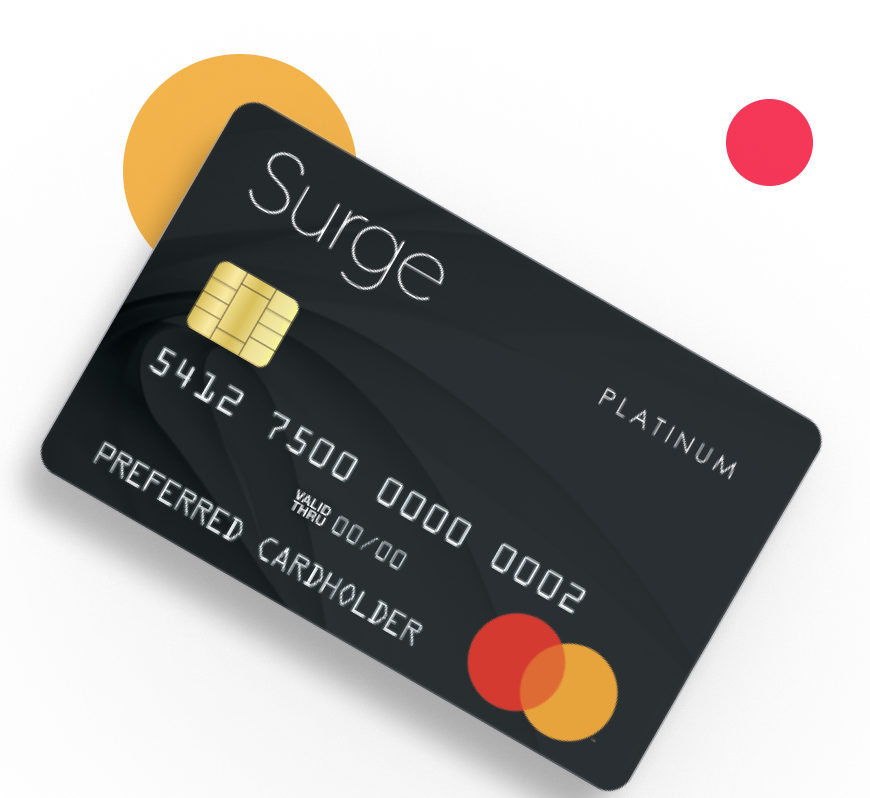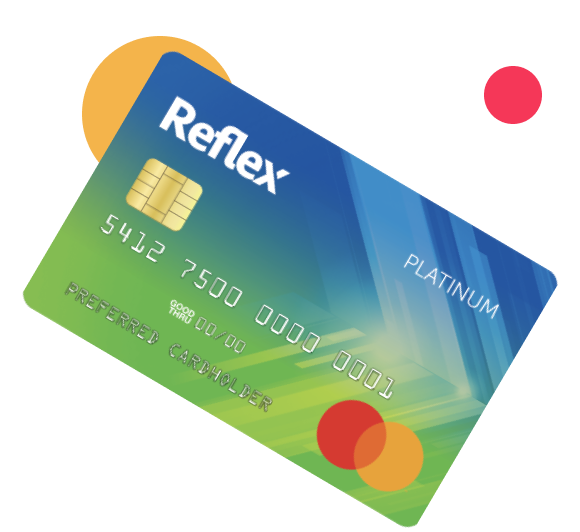Every credit card comes with a credit limit, but how much it is varies. It all depends on what your issuer decides. They usually assign you a credit limit based on your credit score, history, income, and other financial obligations.
Some issuers will automatically raise your score if you’re responsible and pay on time. Others will wait till you request it. An increased credit limit not only gives you more spending power and flexibility but it can boost your credit score.
Let’s go over how credit limits work, when to ask for an increase, and how you can improve your odds of being approved.
What is a Credit Limit?
Your credit limit is the maximum amount of money your credit issuer allows you to spend on your credit card. If you go over your credit limit, your transactions will likely be denied. If it’s not denied, your credit card issuer may charge you a fee, and if you regularly go over your credit limit, your issuer may decide to freeze or close your account permanently.
How to Increase Your Credit Limit
There are three ways you can increase your credit limit: your lender may invite you to raise your limit, you can put in a request online, or give your credit issuer a call.
Going online can be quick, simple, and effective. A phone call may be a better option if you need to explain why you deserve a credit limit increase, need one urgently, or want to know if they’ll perform a credit check.
A lot of lenders will do either a hard credit inquiry, which they should inform you about in advance, or a soft pull to check your credit. Before you apply, have a number in mind and make sure your personal and financial information is up to date. This includes your employment status, income, monthly housing expenses, address, and phone number. Credit issues will consider your financial situation and expenses before granting a credit limit increase.
We have a credit card for you!
Apply online for Surge Platinum Mastercard and get a credit limit of up to $1,000 that doubles in just 6 months.


When to Request a Credit Limit Increase
Deciding when to request an increase depends on your individual and financial circumstances. The best times to apply are after a period of consistent on-time payments, an income increase, or when your credit score improves.
Avoid requesting an increase if you’ve recently applied for multiple lines of credit, your account is only a few months old, or you received an increase less than six months ago. Each lender has its own specific criteria for granting credit line increases, but in general, only established responsible cardholders can expect to get one.
Want to increase your credit limit?
Reflex Platinum Mastercard lets you DOUBLE your credit limit after only 6 months of responsible credit use.


How Much is Too Much for a Credit Limit Increase?
Requesting too high of an increase can raise red flags with your issuer. A modest increase, typically between 10% to 25% of your current limit, is more likely to be approved. Know that your issuer may always approve a lower increase.
Improve Your Chances of Being Approved for More Credit
Lenders want to know that you will be responsible and pay your bills on time. A positive payment history reassures your credit issuer that you can be trusted with more credit.
To improve your chances of approval, pay off balances in full and on time each month, maintain a high credit score, a stable income, a low credit utilization, and handle your accounts well over time. Keeping your financial and personal information current, including total income, employment status, and monthly rent or mortgage payments, is essential.
Responsible credit behavior is key to securing a credit limit increase.
Up your odds of a credit limit increase by improving your score!
What to Do if Your Request is Denied
If your request is denied, find out why. Common reasons include a low credit score, high credit utilization, or limited credit history.
Things you can do include: paying your credit card and other bills on time every month, making more than the minimum monthly payments, paying down existing balances, lowering your credit utilization ratio, and settling existing collections accounts. Make these changes and consider reapplying in a few months.
How is Your Credit Limit Determined?
Some issuers offer credit cards with a preset credit limit. Most of the time, your credit limit is based on factors like your credit history, income, existing debt, and credit score. Lenders use this information to assess your risk as a borrower.
It can be a good idea to increase your credit limit because future lenders may look at your current limits to determine how much credit to extend to you.
Greater access to credit than before!
Get a $700 credit limit and all the benefits of Mastercard, even with less-than-perfect credit.


Other Ways to Access More Credit
If increasing your current credit limit isn’t an option, there are other ways to get more credit.
You can apply for a new credit card or take out a personal loan. Some apps let you buy now and pay for your purchases in small installments. These are usually easier to be approved for than traditional credit cards.
Whichever one you choose, be mindful of your credit score and how a new application will affect it.
Want a $1,000 spending limit?
Join Perpay, safely shop online, and improve your credit. No credit check, no interest, and no fees!


Final Thoughts
Increasing your credit limit is a good way to get more spending power, lower your credit utilization, and potentially improve your score. If you decide it’s time for a larger limit, contact your credit issuer. If you’ve been a responsible borrower, chances are your request will be approved.
